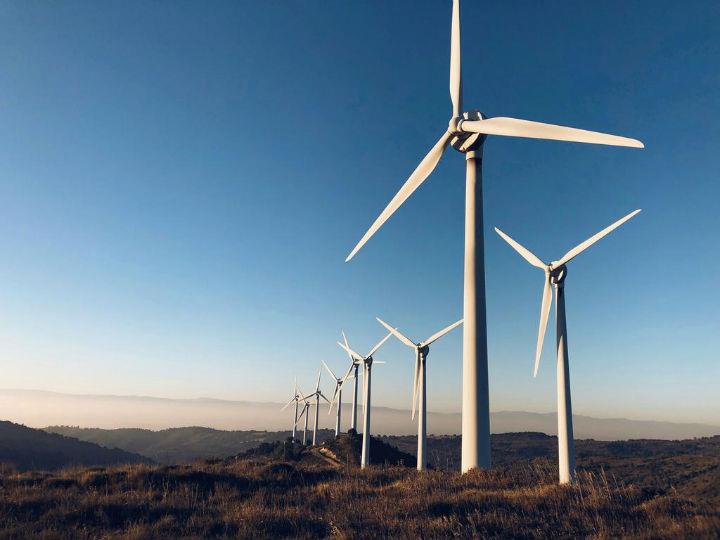by Frederic Simon
“Hydrogen produced via electrolysis powered by 100% renewable electricity has zero greenhouse gas emissions” and should be Europe’s top priority when supporting a clean hydrogen supply chain, the alliance says in a letter to the Commission.
The “choose renewable hydrogen” campaign is supported by 10 companies and associations: Akuo Energy, BayWa r.e., EDP, Enel, Iberdrola, MHI Vestas, SolarPower Europe, Orsted, Vestas and WindEurope.
Wind and solar power have become the cheapest source of electricity and are expected to play a major role in decarbonising the economy. But some industrial sectors like steel, chemicals or heavy-duty transport are too expensive or difficult to electrify.
“In these sectors renewable hydrogen will play a key role and can be the most cost-effective and sustainable solution for decarbonisation,” the coalition says in the letter, dated 22 May.
“Investment in renewable hydrogen has a great potential in terms of jobs and growth creation,” because of existing plans to expand renewable electricity capacity. “When produced by grid connected renewables it offers a real form of sector coupling between the power sector and the other economic sectors,” the coalition says.
The Commission has pledged to put the European Green Deal at the heart of a recovery plan from the coronavirus crisis, due to be presented on Wednesday (27 May).
A leaked draft of the plan, obtained by EURACTIV, proposes to focus on renewable energies and hydrogen in parallel, saying both are needed to decarbonise hard-to-abate sectors of industry such as steel and chemicals.
However, almost all hydrogen produced today comes from fossil fuels – 76% from natural gas and 23% from coal, according to the International Energy Agency (IEA). The remaining 1% comes from renewable electricity and is referred to as “green” hydrogen.
“The industry is currently dominated by this fossil hydrogen derived from polluting sources,” said Prof Claudia Kemfert, an energy economist at the German Institute for Economic Research (DIW).
“Renewables growth can help change and propel the hydrogen industry into a force for good, as we seek to recover more wisely from this terrible pandemic,” she said in a statement.
The Commission has made hydrogen “a central element” of plans to decarbonise Europe’s industry. Earlier this year, the EU executive said it would launch a “Clean Hydrogen Alliance” after the summer break, in an effort to build a hydrogen supply chain in Europe.
The main issue facing the industry now is how to scale up production. But as green hydrogen only represents 1% of the market, supporters of the technology say the fossil sort will be needed initially in order to get the market off the ground.
Scaling up hydrogen with renewable electricity “would require an ocean of subsidies, and would likely fail to deliver the volumes needed to make a real difference,” said Francois-Regis Mouton, from the International Association of Oil and Gas Producers (IOGP).
“Focusing all financial support on a single, small-scale technology is a gamble Europe cannot afford these days,” he said. “To succeed, we must promote all forms of clean hydrogen production, including from gas reforming with CCS or methane pyrolysis, and start by building synergies and economies of scale within existing industrial clusters.”
Building synergies is what the Netherlands is planning to do. In April, the Dutch presented their “vision” for clean hydrogen, saying they wanted to use their extensive gas network, and strategic geographical location at the heart of Europe’s industrial north to scale up production of CO2-free hydrogen.
*first published in: www.euractiv.com




 By: N. Peter Kramer
By: N. Peter Kramer

